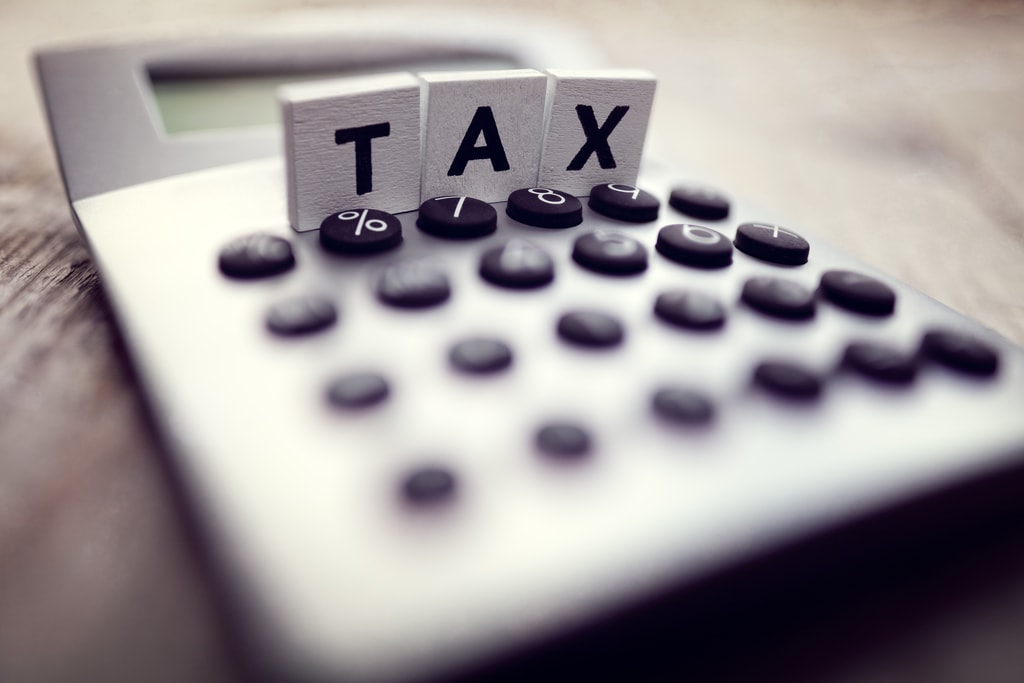
It had an immediate impact on 2017 taxes filed after January this year. Instead of offering a solution, it is determined this was the result of a legislative oversight.
No doubt a change was necessary, but things didn’t turn out as planned. One concern, for instance, is whether restaurants are being unfairly penalized by the act.
Here’s why….
Historically speaking, certain types of qualified real property, including qualified leasehold improvements, qualified restaurant property and qualified retail property, had been eligible for a 15-year cost recovery period, while building improvements are generally depreciable over 39 years.
Of the three named above, qualified restaurant property had the fewest limitations. Property that did not fall into any of the three categories was subject to a class life of 39 years.
Enter the topic of bonus depreciation….
Bonus depreciation allows for faster depreciation of assets with class lives of 20 years or less. Here is where the congressional oversight in the new law becomes evident.
Bonus depreciation permits immediate deduction of an increased cost percentage on qualifying property—as long as it is placed in service during that tax year.
Basically, the bonus percentage was set at 50 percent. In 2018 it was set to drop to 40 percent and down another 10 percent to 30 percent in 2019. In 2020, it would expire.
In an effort to simplify the law, the new tax reform was meant to consolidate the separate definitions of qualified leasehold improvements, qualified restaurant property and qualified retail improvement property under QIP.
The consolidation of definitions only applies to property placed in service after December 31, 2017. However, a discrepancy lies in the fact that the new rules apply to property placed in service three months earlier, after September 27, 2017.
The congressional oversight has to do with the language of the bill itself, and will now need to be addressed in a technical corrections bill.
What happens in the meantime?
The bill has important consequences for businesses making qualified improvements to real property because it eliminates QIP from eligibility for 100 percent bonus depreciation.
Because of the oversight, QIP is currently unavailable for 100 percent bonus depreciation requiring depreciation over 39 years.
Can it get any worse?
It can for property placed in service between Sept. 27, 2017, and Dec. 31. 2017. Each of these businesses will have to use the prior definitions of qualified leasehold improvements, qualified restaurant property, qualified retail improvement property, and qualified improvement property to determine what methods of depreciation apply.
This is a complex issue and it goes deeper than we’ve gone in our article. Being informed isn’t enough. Understanding tax codes, new and old, require your complete understanding.
Our job is to make this and other aspects of the tax business clear. Contact us with any questions and we’ll be glad to help.




